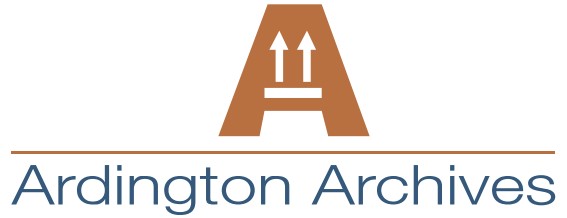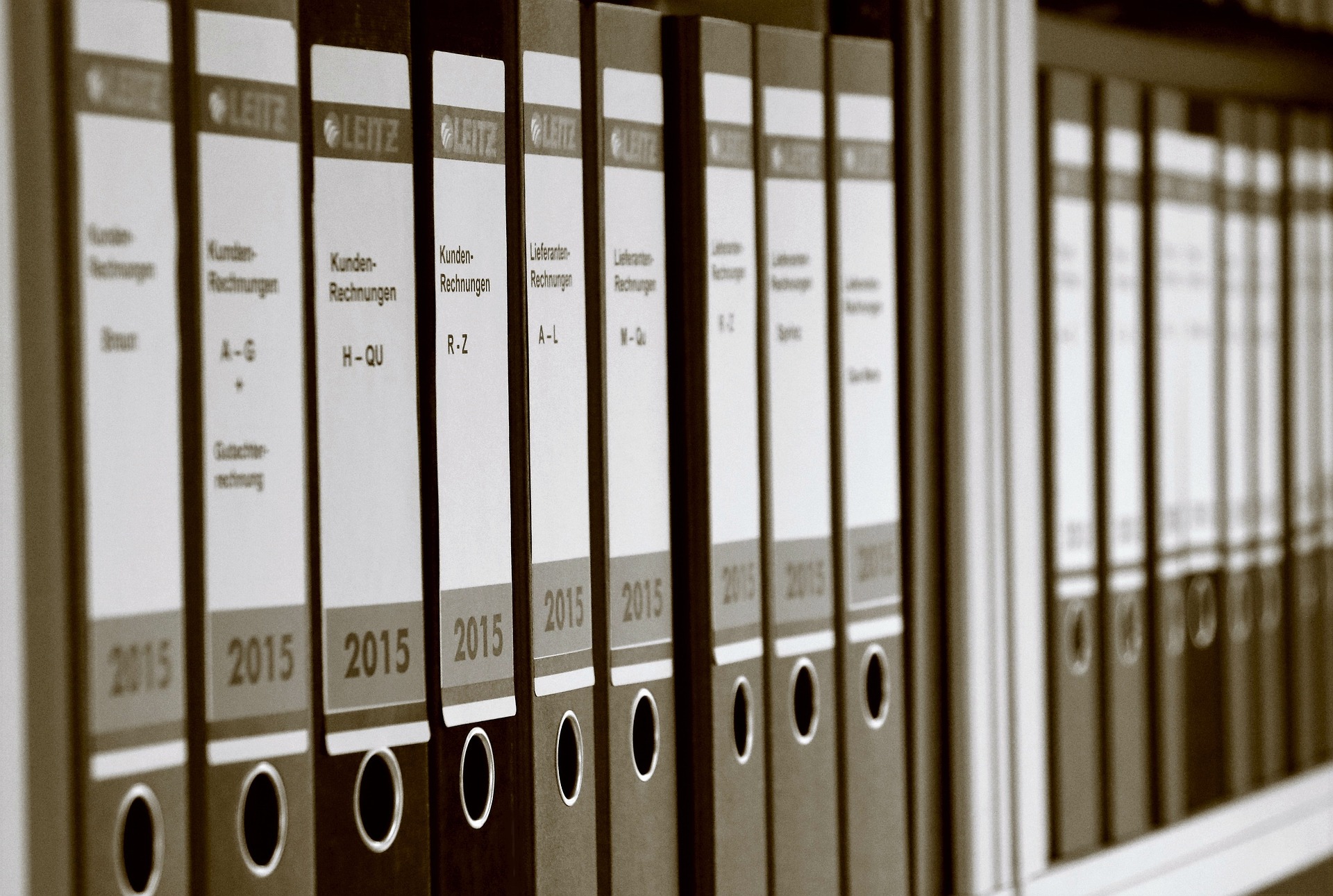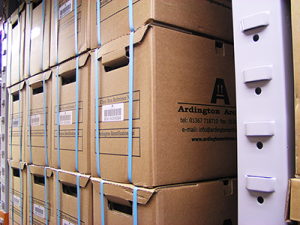Prioritising Information Security, Data Privacy, and Confidentiality in a Digital Era
In a landscape propelled by digital innovations, the spotlight often bypasses the significance of safeguarding information security, data privacy, and confidentiality within the realms of physical document archiving. While companies surge into the digital age, a trove of invaluable data remains ensconced within physical documents – historical records, medical files, legal papers, and proprietary information, all necessitating preservation and protection. Recognising the pivotal role of information security in safeguarding physical document archives is paramount for ensuring their integrity.
Safeguarding Against Tangible Threats
Preserving information security in physical document archiving involves fortification against tangible threats like theft, vandalism, or human error. The deployment of access controls, streamlined document management processes, and secure storage facilities stands as a bulwark against unauthorised access and physical breaches, ensuring robust protection.
Balancing Access and Privacy
Much like digital data, physical documents harbour sensitive information, entailing compliance with stringent data privacy regulations. Responsible archiving necessitates striking a delicate equilibrium between enabling necessary access and safeguarding individual privacy rights. Implementing meticulous processes for controlled access, adept handling, and secure transportation becomes imperative in tackling these challenges head-on. Ardington Archives has emerged as a trusted ally for companies, offering secure storage solutions for physical records across diverse industries.
Upholding Confidentiality
Confidentiality in physical document archiving hinges on shielding data, particularly sensitive personal information. Establishing stringent protocols governing the management, tracking, and storage of documents becomes indispensable in fostering a secure environment for this critical data.
Adhering to Regulatory Frameworks
Just as digital archives adhere to data protection laws, physical document archives are bound by regulations like GDPR and the UK Data Protection Act. Particularly in sectors like healthcare, finance, and legal, where stringent regulations prevail, companies must remain acutely aware of the laws governing the storage and handling of physical documents.
Building Trust and Reputation
Beyond legal obligations, responsible archiving practices play a pivotal role in fostering trust and maintaining a positive reputation. Mishandling physical documents can lead to breaches of trust, tarnishing a company’s credibility in the eyes of clients, partners, and the public, often resulting in significant monetary penalties.
The importance of information security, data privacy, and confidentiality extends beyond the digital realm into the intricate domain of document archiving. By conscientiously addressing these elements in physical document archiving, companies not only ensure the preservation of invaluable information but also uphold the highest standards of security, privacy, and confidentiality. In doing so, they not only safeguard the past but fortify their standing in the present and future.




